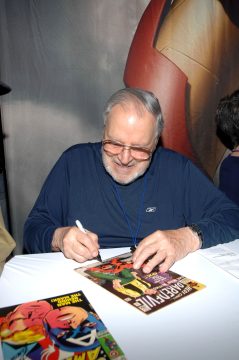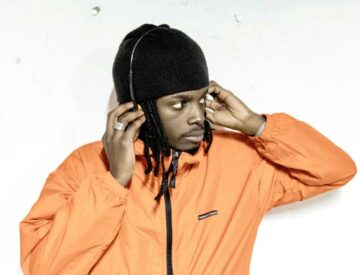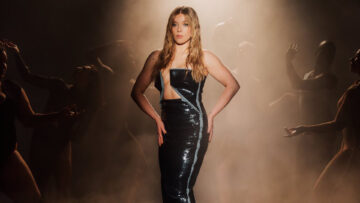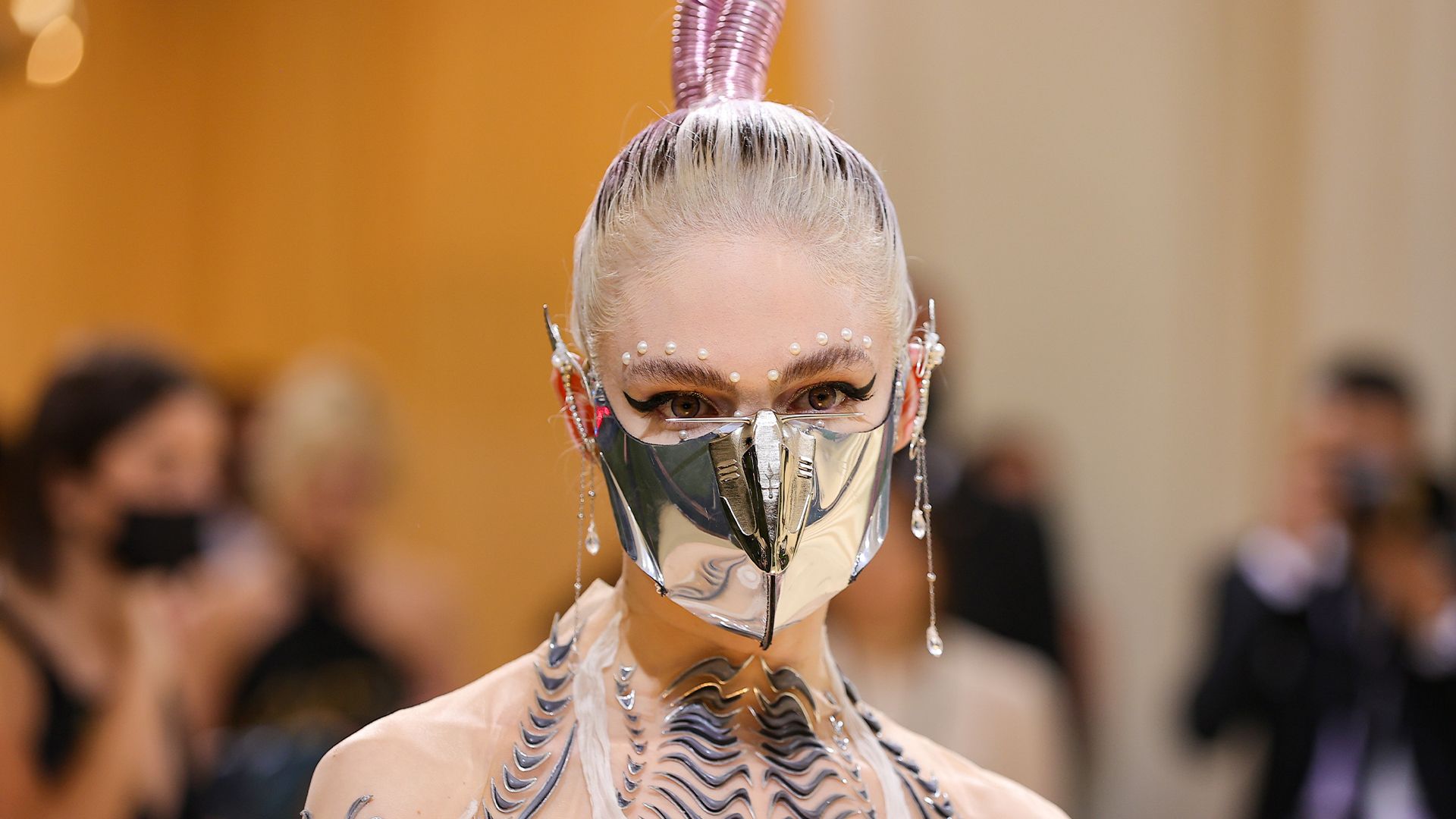
The singer, whose real name is Claire Boucher, has tweeted that not only would she be happy for people “to use my voice without penalty” but that she’d split 50 per cent of the royalties with any track that does well.
She tweeted on Sunday: “I’ll split 50% royalties on any successful AI-generated song that uses my voice. Same deal as I would with any artist I collab with… I have no label and no legal bindings.”
The Canadian musician is, of course, known for her futuristic views. Not only does her musical output and visual aesthetic often draw on science fiction, but she also has two children with Elon Musk, famously called X Æ A-Xii (nicknamed X) and Exa Dark Sideræl Musk (nicknamed Y).
I'll split 50% royalties on any successful AI generated song that uses my voice. Same deal as I would with any artist i collab with. Feel free to use my voice without penalty. I have no label and no legal bindings. pic.twitter.com/KIY60B5uqt
— Grimes (@Grimezsz) April 24, 2023
But her words will likely sound massive alarm bells for many music execs, some of whom are still trying to come to terms with the success of the AI-generated track ‘Heart On My Sleeve’ last week, which purported to be a collaboration between Drake and The Weeknd.
Released anonymously, the track garnered tens of millions of views before Universal Music Group (UMG) – the music corp that owns the Republic Records that Drake and The Weeknd are both signed to – stepped in to have the track removed.
In a statement to Music Business Weekly at the time, UMG appeared to try and strike a balance between embracing new tech, saying it had been carrying out its “own innovation around AI for some time already” whilst explaining why such AI-generated content posed such a threat.
“The training of generative AI using our artists’ music (which represents both a breach of our agreements and a violation of copyright law), as well as the availability of infringing content created with generative AI on DSPs,” the statement added, “begs the question as to which side of history all stakeholders in the music ecosystem want to be on: the side of artists, fans and human creative expression, or on the side of deep fakes, fraud and denying artists their due compensation.”
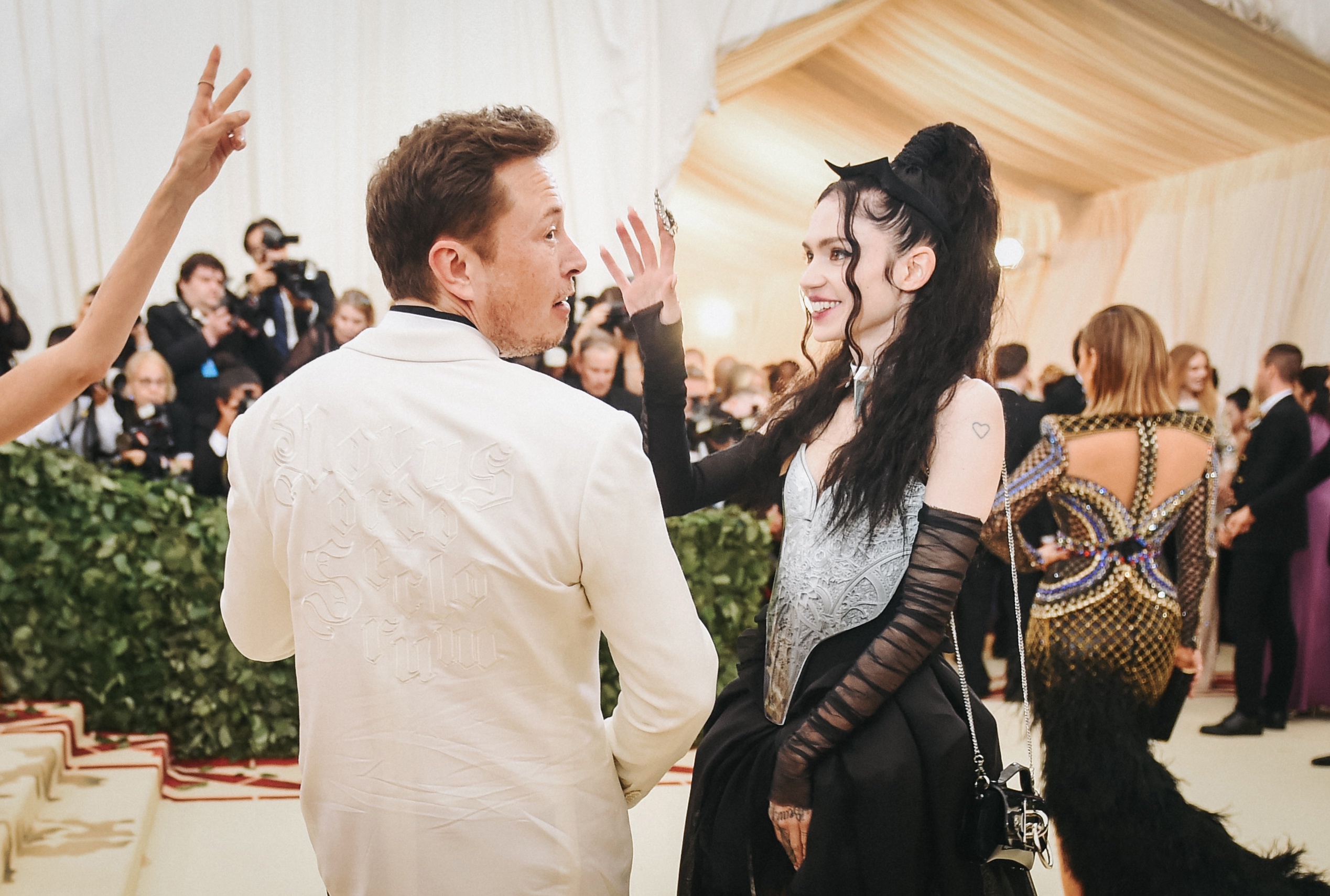
Grimes and Elon Musk share two children called X Æ A-Xii (nicknamed X) and Exa Dark Sideræl Musk (nicknamed Y). Photo: Jason Kempin.
“These instances demonstrate why platforms have a fundamental legal and ethical responsibility to prevent using their services in ways that harm artists. “We’re encouraged by the engagement of our platform partners on these issues–as they recognize they need to be part of the solution.”
The rise of AI-generated content will continue apace – that’s in no doubt. Journalists and media outlets are continuing to grapple with ways in which to use such technology, notably including ChatGPT, rather than be used by it.
Yet the debate over its use in the field of arts – a place many thought, or rather, hoped, technology couldn’t breach in any meaningful, human way – seems to be particularly pronounced.
Earlier this year, Nick Cave penned a powerful letter on the “emerging horror” of AI’s encroachment on music after revealing he’d received numerous lyrics from fans that were written by ChatGPT in his style.
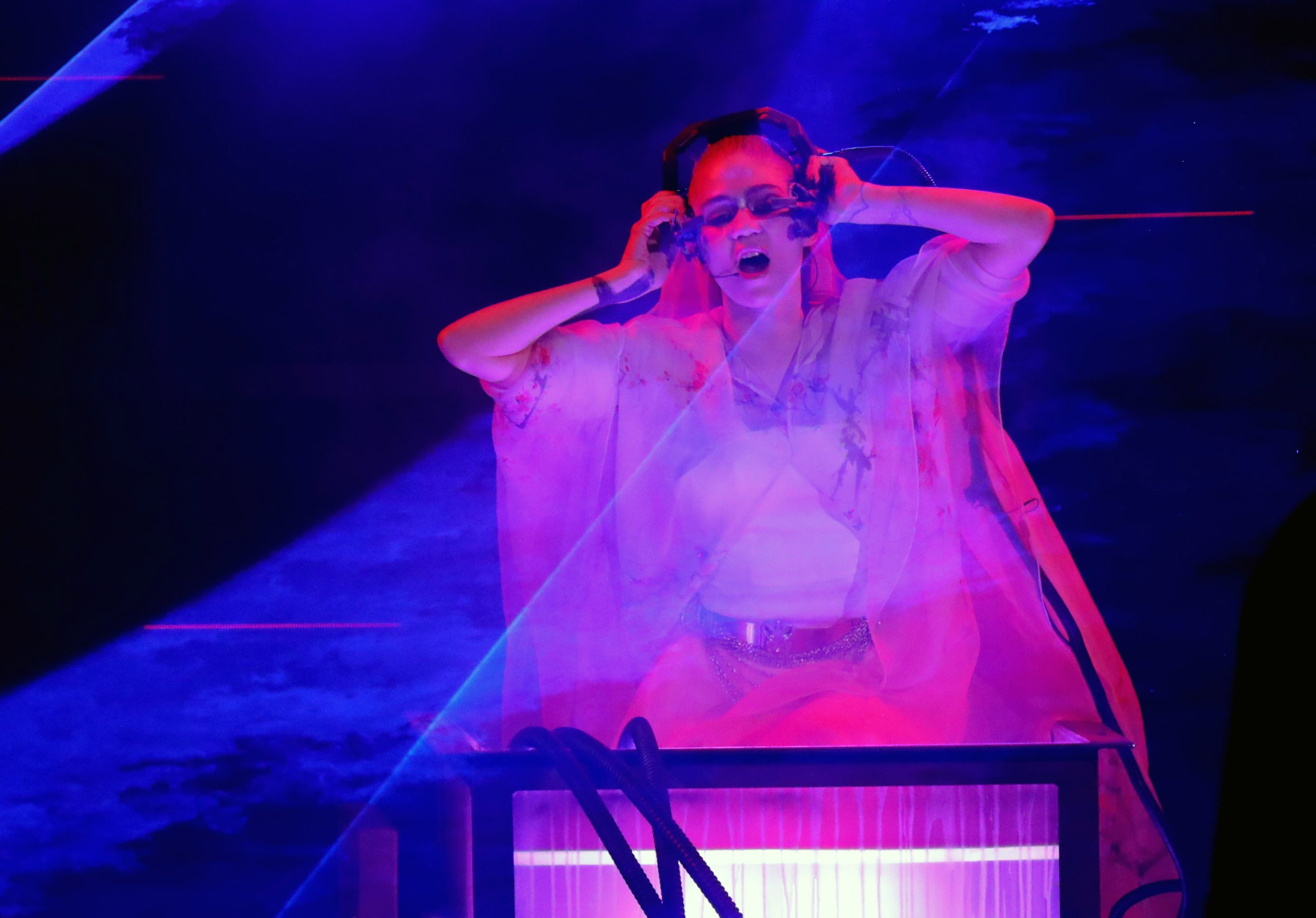
Photo: JC Olivera
“Judging by this song ‘in the style of Nick Cave’ though,” he wrote on his blog site ‘The Red Hand Flies’, “it doesn’t look good… The apocalypse is well on its way. This song sucks.”
“Songs arise out of suffering, by which I mean they are predicated upon the complex, internal human struggle of creation and, well, as far as I know, algorithms don’t feel.”
Grimes, it appears, disagrees, or at least welcomes her voice being used to produce a track in her style – and is willing to split the spoils in any successful tune as a result.
This will certainly not be the end of these chats.


